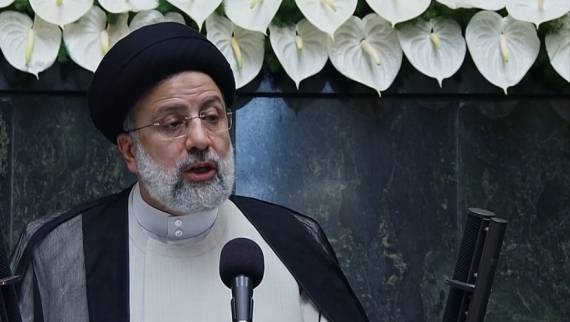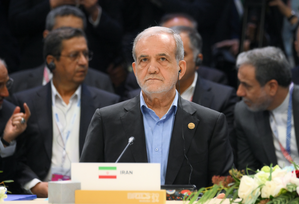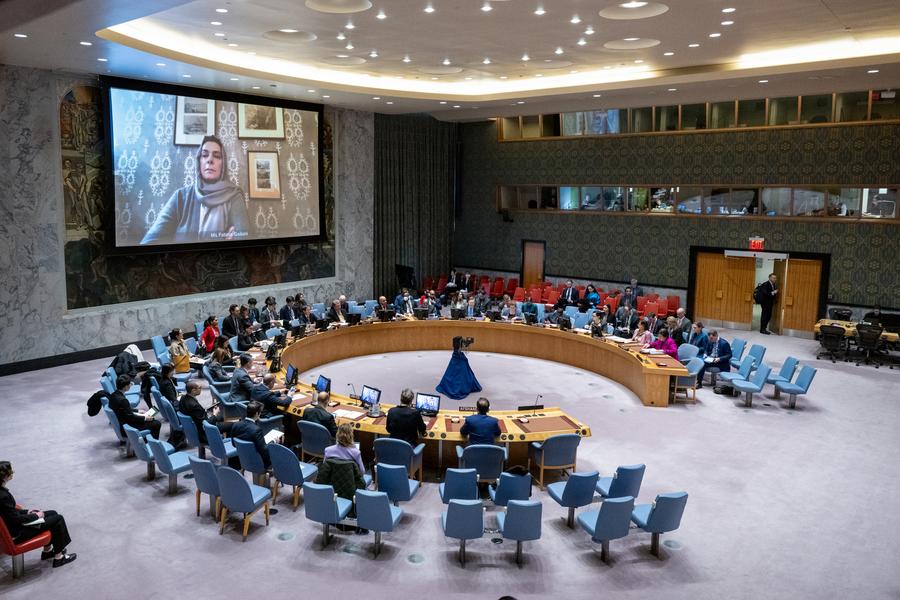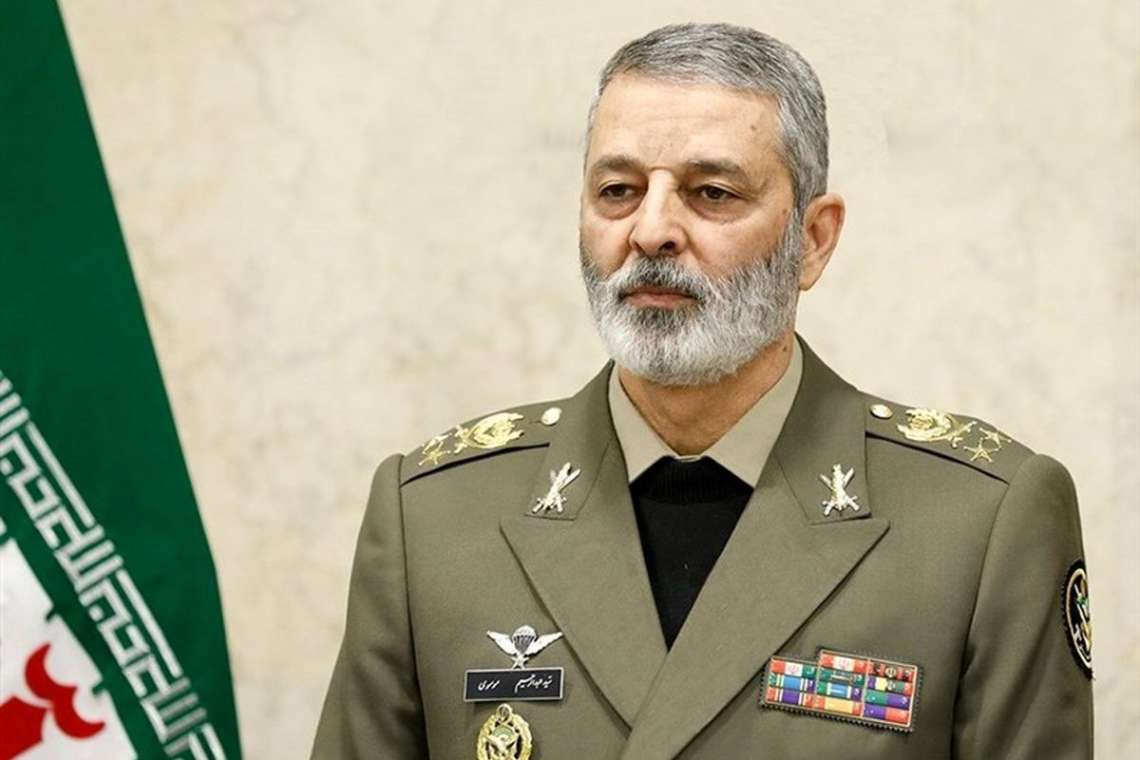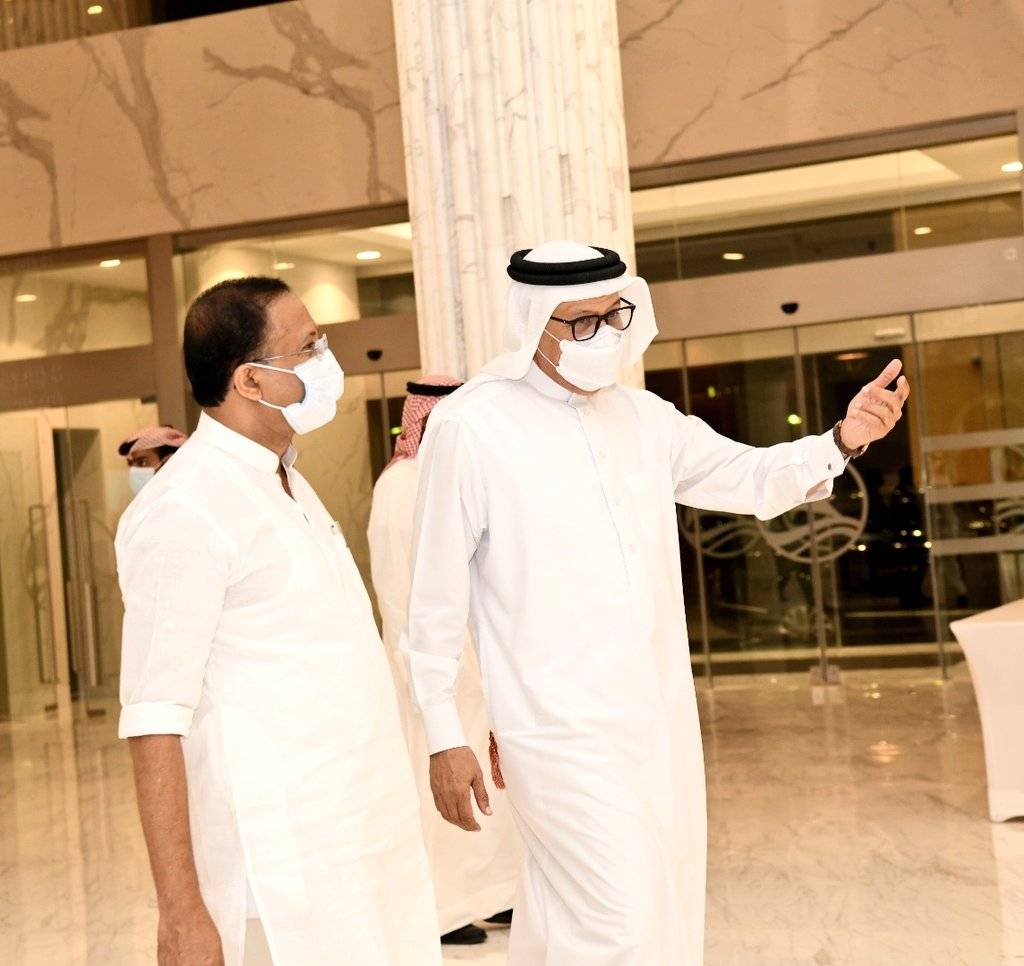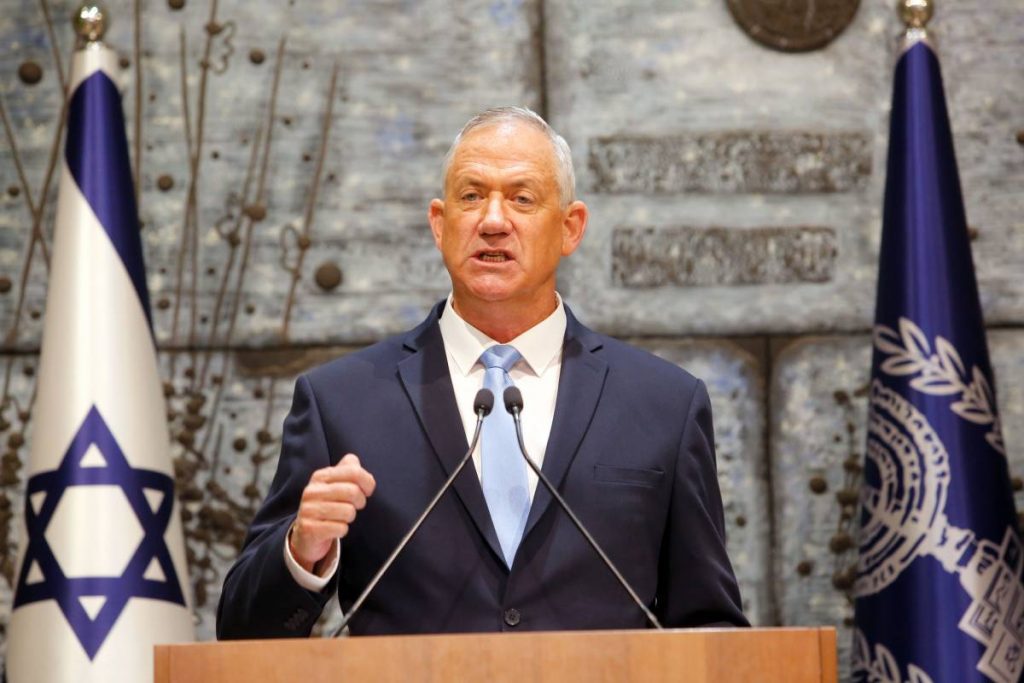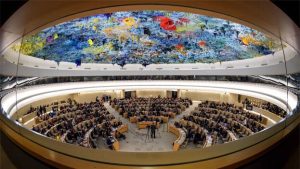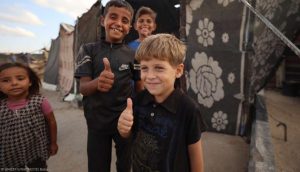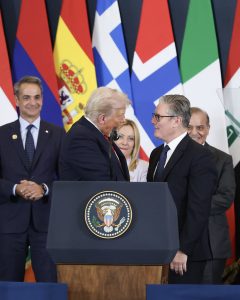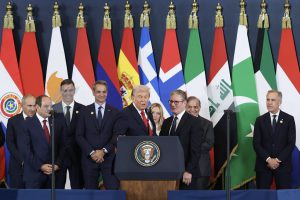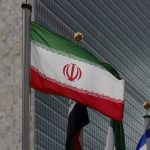Khatibzadeh described the talks to revive the 2015 landmark agreement as a “technical dialogue”, and added that they will continue, on the basis of a consensus…reports Asian Lite News
The Iranian Foreign Ministry said that the country will downscale its nuclear activities if the US fully returns to “all of its commitments under the nuclear agreement and UN Security Council Resolution 2231 in a verified manner”.
“The Vienna talks are not about reaching a new text. The Vienna talks are to ensure the implementation of the nuclear deal point by point by the US,” Saeed Khatibzadeh, spokesman for the Ministry, told reporters on Monday.
If Washington abides by its obligations in such verified way, he added that Iran will accept that the US’ delegates sit “in the nuclear agreement room” and will “stop its mitigation measures”.
Khatibzadeh described the talks to revive the 2015 landmark agreement as a “technical dialogue”, and added that they will continue, on the basis of a consensus across the ruling structures of the Iranian state.
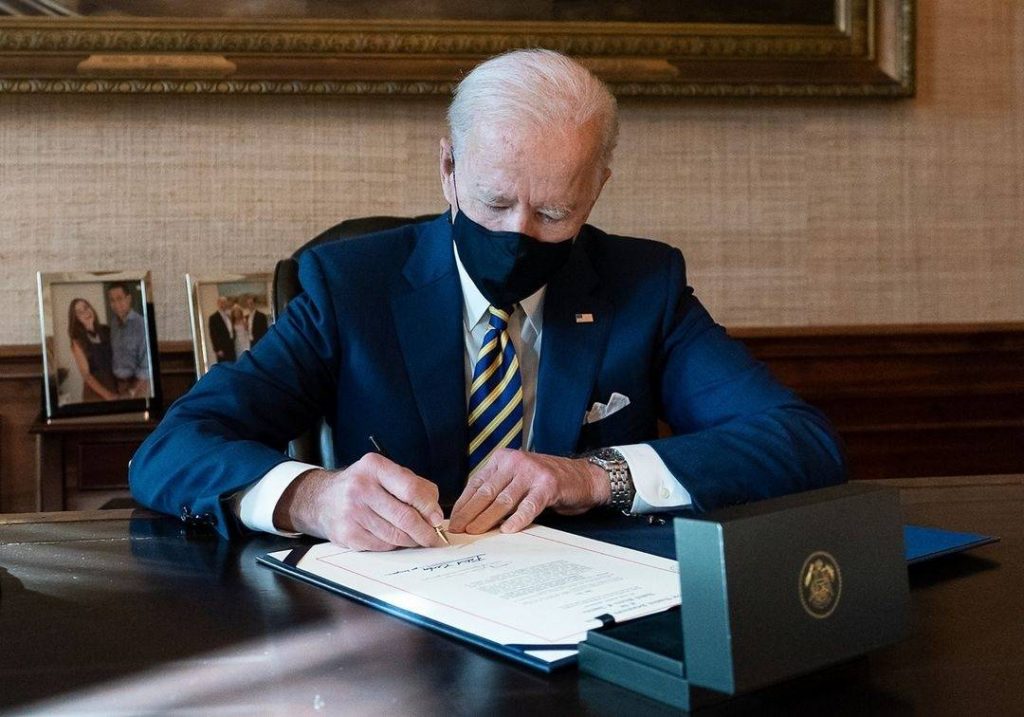
The role of the Foreign Ministry in the upcoming continuation of the talks, he went on to say, is yet to be decided by the leadership and will be made public.
On August 22, then Foreign Minister-designate Hossein Amir-Abdollahian said in his confidence vote session in Parliament that the country was willing to engage in “reasonable” negotiations that serve the Iranian people’s interests.
Former US President Donald Trump withdrew from the 2015 agreement in May 2018 and unilaterally re-imposed old and new sanctions on Iran.
In response, Iran has gradually stopped implementing parts of its commitments to the deal since May 2019.
After six rounds of talks in Vienna since April, the parties said serious differences remained between Iran and the US for the revitalization of the deal.
The sixth round of talks ended on June 20, with the talks currently on hiatus.
Two days ago, Iranian President Ebrahim Raisi had appointed Mohammad Eslami as the new chief of the Atomic Energy Organization of Iran (AEOI).
Eslami, the former minister of Transport and Urban Development, replaced Ali Akbar Salehi who has served as the AEOI chief since August 2013, reports Xinhua news agency.
The 65-year-old Eslami holds degrees in civil engineering and has also formerly served as the Governor of Iran’s Mazandaran province, a deputy minister of the Ministry of Defence and the CEO of Iran Aircraft Manufacturing Industrial Company.
The AEOI is in charge of overseeing the country’s nuclear programs and handling Tehran’s cooperation with the UN nuclear watchdog, namely the International Atomic Energy Agency.

